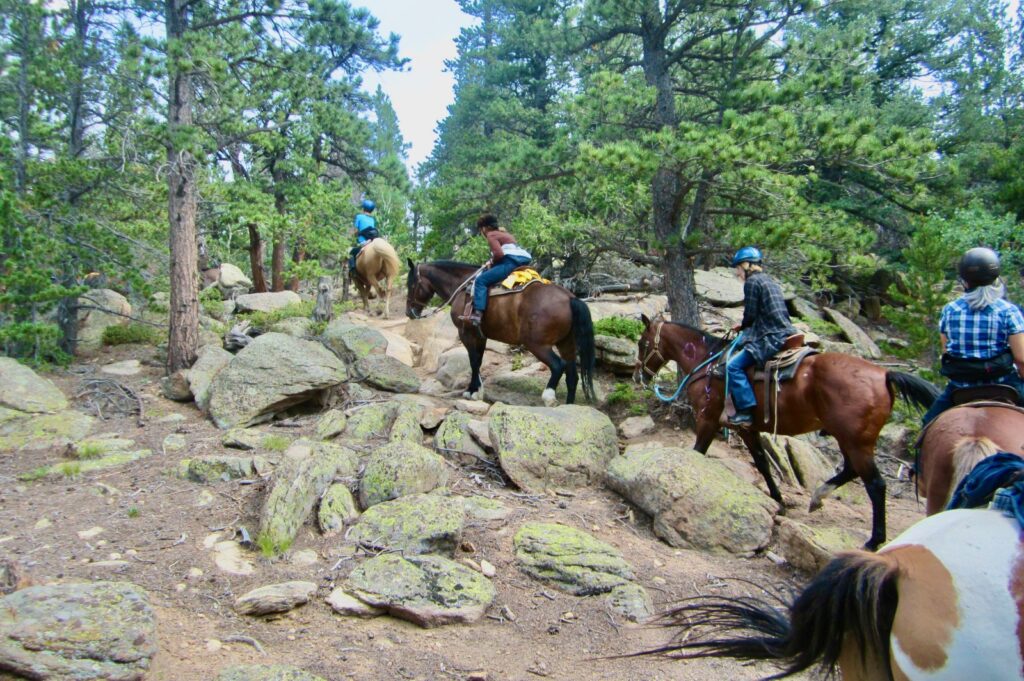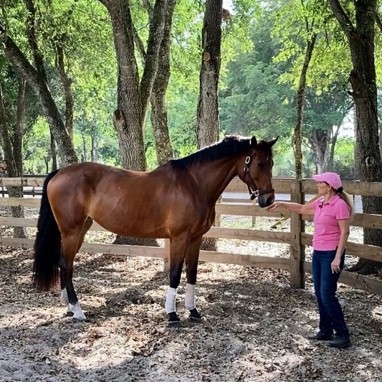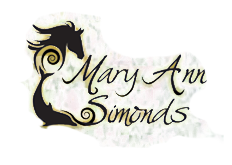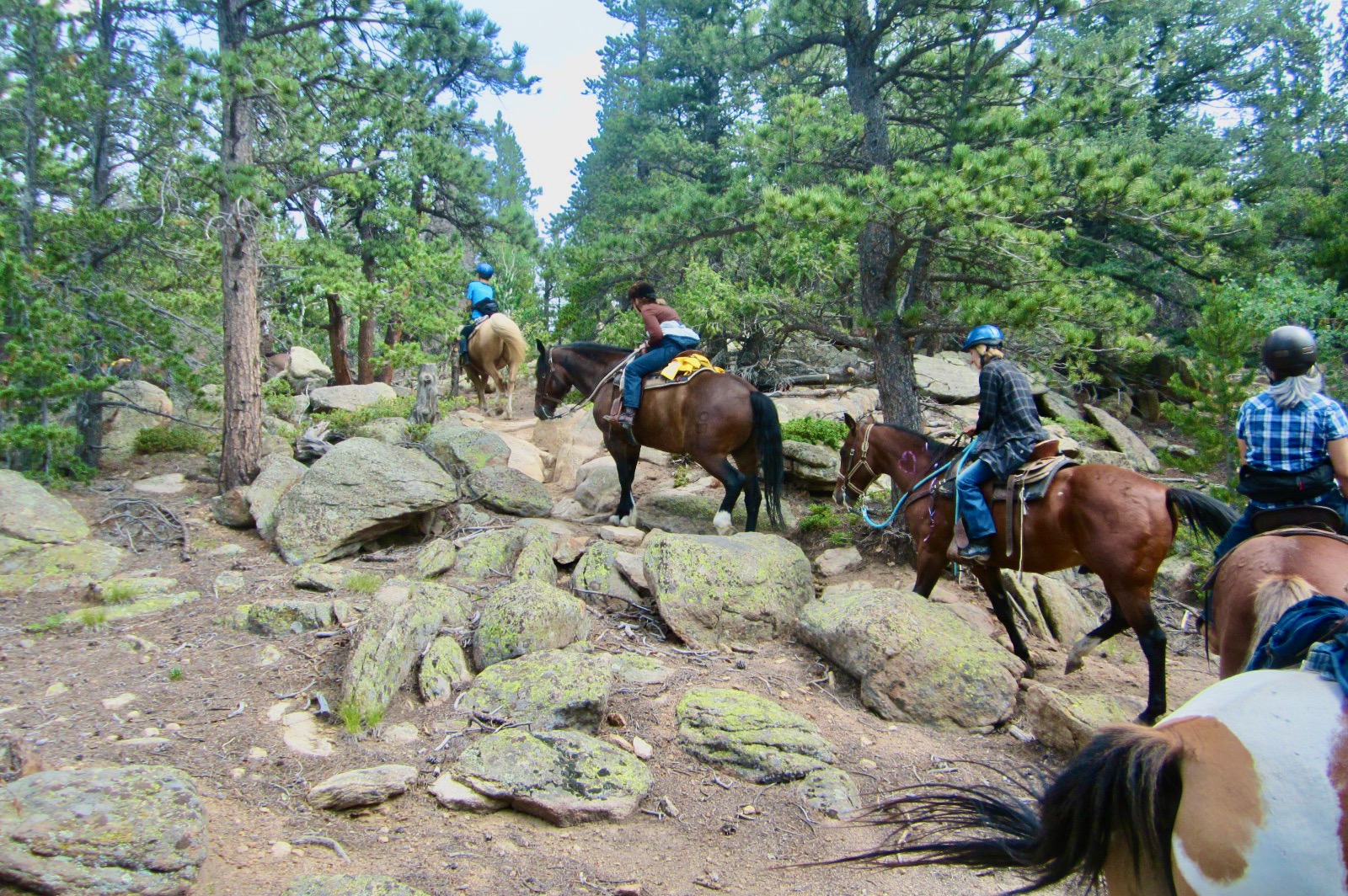- Year of the Horse in Review – Horse Think vs. People ThinkDecember 01, 2014 By Mary Ann Simonds Category: Equine Behavior, Horse Communication, horse psychology, Horse Temperaments, Horse Thinking, people and horses

The Year of the Horse has sped by so quickly I am sure we live in a “time warp”. How can it possibly be December again ? I had so many juicy topics to address this year nicely laid out month by month and only needing a “tweek” here and there. But life got in the way and lets face it, being out with the horses is way more fun than writing about them. But I felt obligated not to turn into one of those once a year bloggers when I write daily in numerous Linkedin Groups on horses. So, I read through the topics trying to decide which one to bring forth this month and I couldn’t decide. However, there was a theme to all the topics. – How horses think vs. how people think.
This past year was filled with a variety of unusual requests from the media, including one on asking the Horse of the Year how he felt about winning to advising New York writer on whether horses are affected by bickering in the barn and yet another on whether horses like their jobs. This was a great year for raising awareness about how horses feel and think with a number of headline articles in non- horse magazines on how horses help people heal emotionally It seems the public is learning more about how horses think and feel from media coverage and are questioning what they may have learned in the barn. In the long run this search for knowledge will create a much healthier horse industry for both horses and humans.
Human belief systems drive our perceptions. Most people never question their beliefs, but and when something is taught to enough people even though it could be wrong, it becomes accepted as fact. For example I had a young trainer tell me this year that horses like to be “tranquilized , because then they can just “chill out ” and not worry about all the spooky stuff”. Wow, I asked myself was this her own projection of life or what she had learned in the barn as a training protocol? Either way, I realized there is a huge gap of basic horse biology and more specifically neurobiology in the barn. So I asked myself what would be the easiest way to teach the science of neurobiology of the horse and then realized most people don’t understand their own thinking and feelings, so jumping to how horses process information might be too big a leap. Since humans are all experts in something and the horse world more than its share of horse experts, I thought it best to start with items perhaps most people would agree with to help readers see where they may fall in the human thinking vs horse thinking. A sort of unraveling of thought to see if we can agree on some basic ideas.

Hanging out together
1. Human are capable of complex thought (well some are).
2. Although horses are capable of complex thinking and learning complicated tasks, most prefer to rely on simple thinking and responding to their friends.
3. Humans often use their heads more than their feelings to make decisions.
4. Horses most ofter use their emotions to make decisions.
5. Humans build barns to look nice, save space, and house horses in their personal space.
6. Horses prefer to go where the food and friends go whether it is in a stall or out in a field.
7. Humans often think horses understand human thinking and need to be “obedient” and “do their jobs”. ( both quotes I heard this year from well known trainers when asked to solve some behavior issues)
8. Horses like to play more than work.
9. Many humans like to play, but won’t admit it as they feel more valued by working.
10. Horses are most motivated by being with friends and feeling safe.
11. Humans have variable motivational factors affecting their feelings of comfort.
12. Humans feel the need to “control” their environment as well as having control of the horses they ride.
13. Horses don’t think about controlling anything, but rather feeling safe with food and friends. The list could on but we will stop there as I am sure if you are reading this you are either agreeing or disagreeing with the statements. Great ! If you think more like a horse you will take action and make decision based more on your feelings and friends. If you are more in the human cognitive space, then you will analyze and project your human thinking more onto horses. Neither is wrong, just a place to start evaluating your own beliefs and way of thinking.

Finding a good scratch spot
Now think back about your horse-human interactions this year. Whether you are showing, training, or riding, what stood out for you ? Any special moments ? Did you deepen your connection with your horse by thinking more like a horse? Did you ever spend the night out in the barn or pasture with your horse? Did you play with your horse this year? Are you a better friend this year with your horse than last year?
Social creatures learn best through play and horses are good at play, but like other social creatures have to learn how to play safely. Does your barn teach how to play safely with your horse or allow horses to play together? When I ask this question I often get a response from trainers saying, “My horse will hurt itself or others if I turn it out to play”. Well of course it might because no one has taught it about spatial awareness or how to safely play within its environment. Again this is human thinking creeping into driving how we manage horses based on lack of knowledge of how to teach horses how to play safely. Just like kids, they have to learn basic things about life. Without being able to express joy and play, horses adapt to human lifestyles but have limited ability to “be horses”.
After a year chalked full of horse-human interaction consults from getting the show horse to walk calmly and confidently to the show grounds to assisting horse rescues in training how to accurately assess the mental health and treat trauma in horses, I racked my brain with how to KISS – you know “keep it simple stupid”. People don’t seem to have time or patience to understand the science of equine biology or psychology, even though I love sharing and educating. Most people just want a simple solution to their horse issue and ask, “what is the simplest thing I can do because I can’t change everything?” Here is what I suggest:
1. Think and feel like a horse –understand that “safety” and having friends around is always a driving underlying need for a herd species like a horse. Horses don’t think alone, they think more in “group-mind’ and need friends. Nature has programmed the horse for thousands of years to be good at forming stable bonds and surviving because they are good at friendships.
2. Talk to your horse as if he/she understood every word you say. They may not understand the meaning, but they will understand your intention and energy. Be focus with your horse – be present for them so they know you are listening to them.
Horse Talk
3. Help your horse feel comfortable – check their bodies daily to see where they may need a scratch – not standing in cross-ties getting groomed with brushes that are uncomfortable, but hands-on talk as if you and your horse were buddies and your horse allowing your horse to tell you where it hurts or feels good.
4. Schedule playtime with your horse. Teach them how to play safely. Even if it is just sitting out in a paddock introducing new smells or object of curiosity. Spend time with your horse helping them learns things would want to learn – about their environment, about other horses, about their own bodies, etc.
So as you reflect back over this year take a moment and BREATH deep, APPRECIATE the small acts of kindness you did for horses and for others. Thinking into 2015, imagine what you would like to see in your
life and your horse’ life and what actions you would like to take to bring human thinking more inline with horse thinking, I look forward to hearing your ideas.
Tags: attitudes about horses, horse psychology, horse thinking, horses, human thinking

